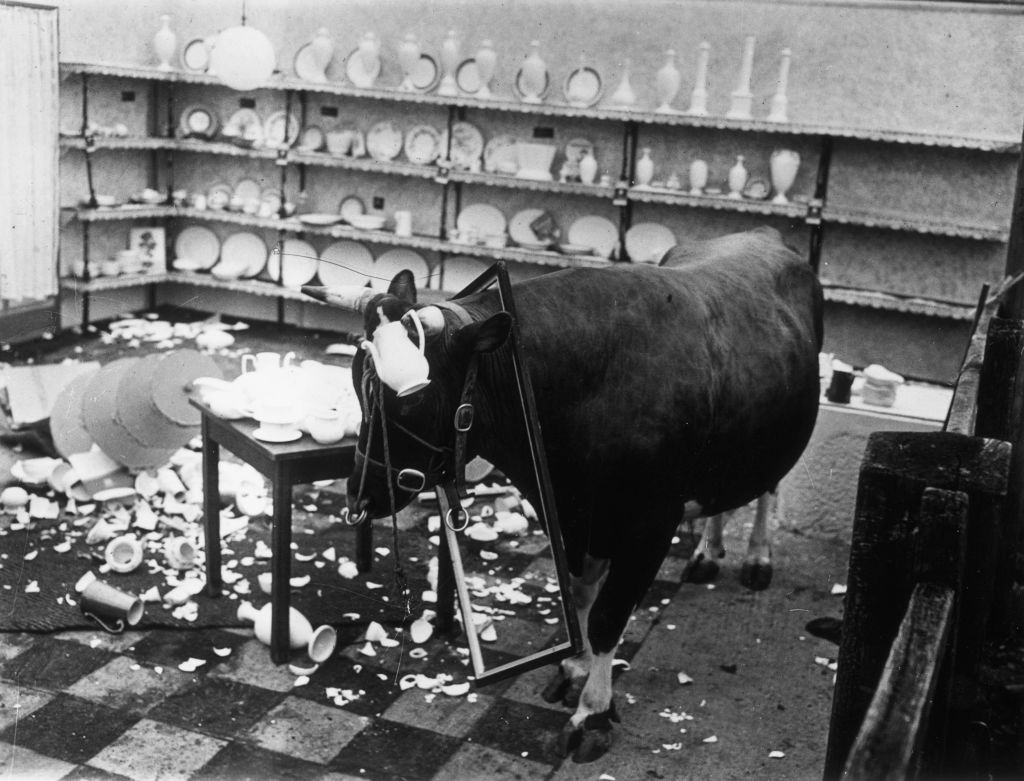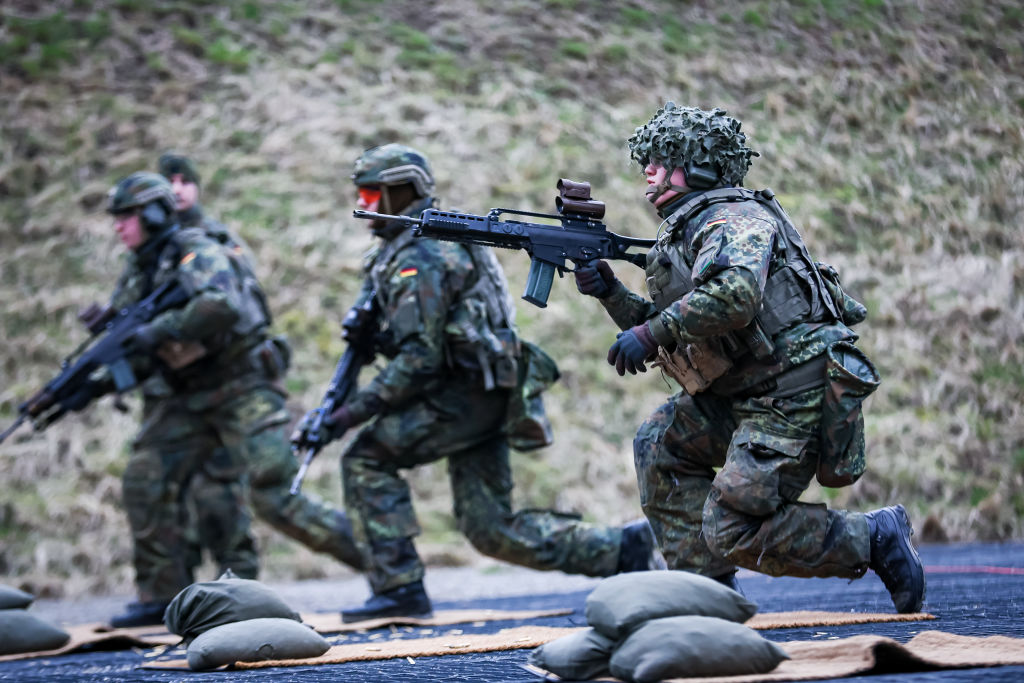In hindsight, what makes the 1990s appear to be worthy of nostalgia is the fact that almost everything ran on autopilot. European integration hummed along with Austria, Sweden, and Finland joining the European Union in 1995, turning a club of 12 into a club of 15. The former countries of the Warsaw Pact were cleaning up what remained of their communist legacy and embarked on a period of economic growth, refuting all the nay-sayers who claimed that it would take decades for Poland, Hungary, et al. to successfully evolve into capitalist-democratic systems. The President of Russia was the amiable Boris Yeltsin (from 1991 to 1999) and Moscow seemed poised to become a member of the European family of nations once again, correcting the horrible mistake of 1917. Germany was reunified, but instead of a much dreaded “fourth Reich” the Germans were more interested in Lebensfreude — the “joy of life” — than Lebensraum, and they did not send tanks to the East but tourists to the West (Spain) and South (Italy). German engineering, Finnish cell phones (Nokia), French Art, Austrian Energy Drinks (Red Bull) – only doom-mongers would claim that the EU was on a path of decline.
The dominant ideology of the time was embodied by the Washington Consensus and neoclassical economics, with the latter being the academic justification of the former: All that was needed for peace and prosperity were open markets and capital inflows, with everything else taking care of itself. The guarantor of this simple-yet-beautiful new order were the United States of America, who intervened with mixed results from the Balkans to the Middle East to put out smaller fires on the fringes of the map. Great Power Politics was a relic of the past, and that new powers can emerge peacefully was shown by China, with the former communist country becoming the poster boy for capitalism. The crown of this development was Beijing’s membership in the World Trade Organization, symbolising the idea that free trade and economic prosperity can bring the world together, regardless of existing cultural differences.
There were, of course, some signs that thunderclouds have already been gathering as soon as the mid-1990s. European right-wing parties like the Austrian Freedom Party rose in prominence due to their worries about mass migration, and US presidential candidate Pat Buchanan warned that trade deals with China will hurt American workers. Even the often quoted author of “The End of History and the Last Man”, Francis Fukuyama, dedicated almost the entire second half of his book to the question why maybe his own end of history theses was premature.
Yet whatever their concerns, the overarching sentiment was one that viewed the world as a place that can be “managed” by techno- and bureaucrats. No place embodied this more than the European Union, where politicians are an afterthought compared to the powerful bureaucracy. Who needs a Churchill or Bismarck when all the great questions have been solved, and all that is left to do is to micromanage technical problems? Alas, as we know now, all of this is coming to an end: The world is splitting up into new factions and alliances, with the United States trying to revise the very world order they once built. The great powers are once again entering a phase of antagonisms, which also means that diplomacy will be as important as bureaucracy.
I have written about the political and economic problems that afflict the West many times, but this is now compounded by another problem: Do we still have the needed diplomatic skillset necessary to navigate a world full of real and potential hostilities? The autopilot is off, but no one remembers how to fly the plane. While polemics are funny – which is why I engage in them regularly myself – they cannot replace the reality of uneven power distributions in the world. The European model of being protected by the US, produce in China, and get petroleum from Russia has reached its sell-by date.
In his usual bombastic way, Trump’s America demands allegiance – or else there will be tariffs, troop reductions, and an end to swap lines for European banks. China, not surprisingly, is now beginning to demand the same, using their own economic might and control of entire supply chains in everything from rare earths refining to consumer electronics as leverage. The rest of the world is caught between those two Leviathans, and not since the 19th century has diplomatic skill been so crucial. Brussels is sitting at a chess table and forgot how to play: the empty talk about strategic autonomy is laughable coming from a continent that has neither military, economic nor energy autonomy.
The United States, by contrast, could hypothetically be independent as the dominant power in the Western hemisphere with their access to enough arable land and hydrocarbons to decouple from the rest of the world. Europe and its nations do not have that luxury, which makes the closing of deals that minimise the pain of the emerging new world order even more important. Contrary to what some pundits claim, Europe cannot simply take sides and expect no retaliation from whoever they sided against. Go along with China – and Washington will become an antagonist. Go along with the US – and Beijing will become an antagonist. A more independent Europe would need 180 degree turnarounds in everything from its social to its energy policies, rebuilding industries, and taping into domestic resources. This would mean the end of fracking bans, streamlining and fast-tracking mining projects, building out nuclear power, reforming (i.e. scaling back) the welfare state, reducing bureaucracy and ending the ongoing identity crisis caused by mass migration.
Until this happens, and there are no signs that it ever will, Europe has to play for time: Under current conditions, the EU is no match for China or the US, and building up geopolitical muscle will take years, if not decades. This means that a careful course has to be charted at the end of which there will be a stronger and more independent Europe. The question, however, that worries me is whether we have the political personnel needed for the completion of such a task.






Trump’s tariffs: Europe must realise quality not just price can win US customers